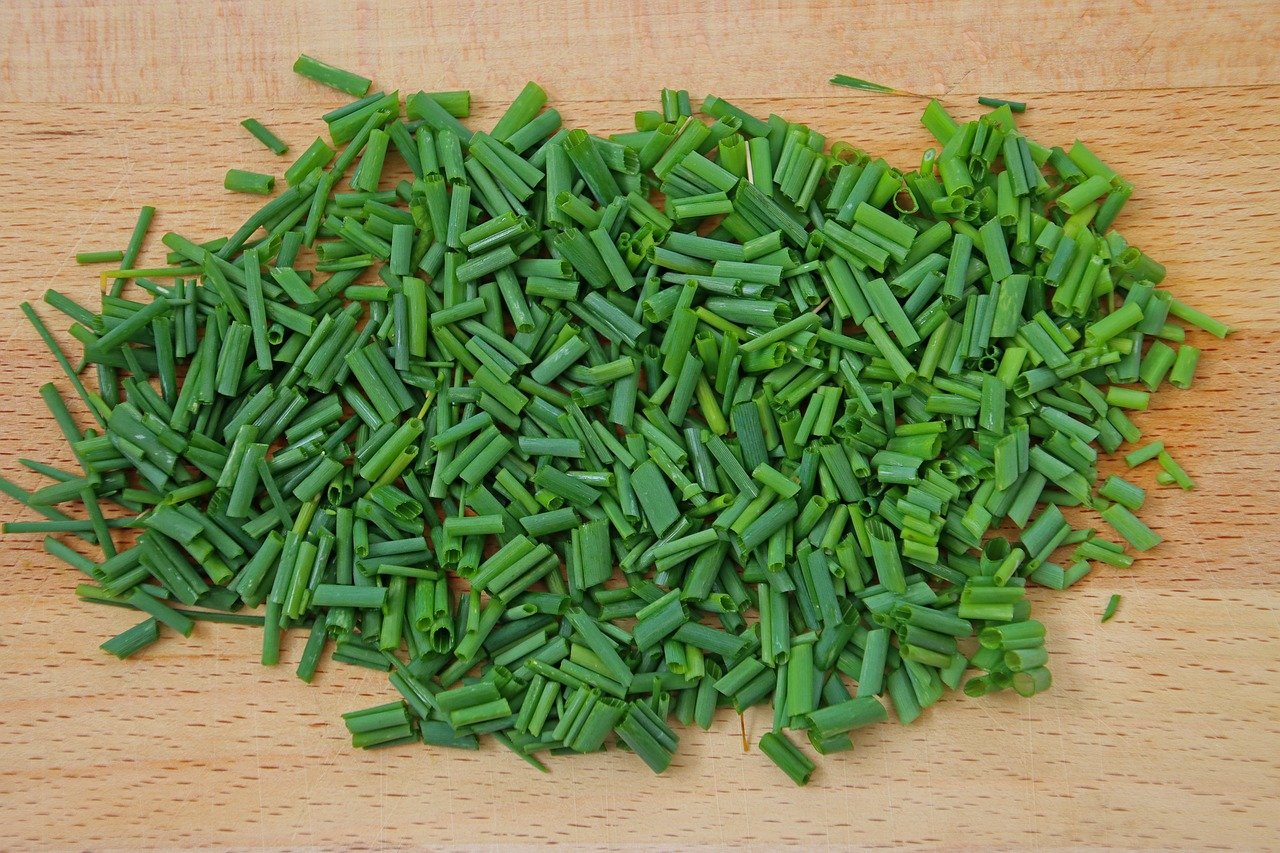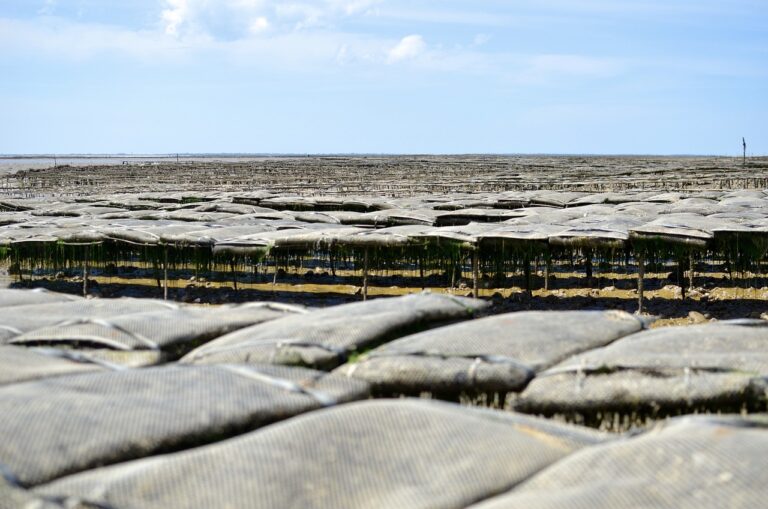Analyzing the Impact of Meat Processing on Rural Development: 11xplay online id, Anna reddy book, Golden7777.com admin
11xplay online id, anna reddy book, golden7777.com admin: Analyzing the Impact of Meat Processing on Rural Development
Meat processing plays a crucial role in rural development by creating job opportunities, boosting the local economy, and adding value to agricultural products. In this article, we will delve into the various ways in which meat processing impacts rural communities and the importance of this industry in fostering sustainable development.
Meat Processing and Job Creation
One of the most significant impacts of meat processing on rural development is the creation of job opportunities for local residents. Meat processing plants require a workforce to handle various tasks, including slaughtering, processing, packaging, and distribution. These jobs provide a source of income for individuals living in rural areas, reducing unemployment rates and improving the overall standard of living.
In addition to direct employment opportunities, meat processing plants also create indirect jobs in related industries such as transportation, packaging materials, and equipment suppliers. The multiplier effect of these jobs further stimulates economic growth in rural communities, leading to increased consumer spending and investment in local businesses.
Value Addition to Agricultural Products
Another key impact of meat processing on rural development is the value addition it brings to agricultural products. Farmers who raise livestock can sell their animals to meat processing plants, where they are processed into various meat products such as cuts, sausages, and deli meats. This process adds value to the raw agricultural products, allowing farmers to command higher prices and increase their overall income.
By providing a market for livestock producers, meat processing plants help support the agricultural sector in rural areas. This, in turn, encourages farmers to invest in their operations, adopt sustainable farming practices, and improve the quality of their products. The synergy between meat processing and agriculture creates a positive feedback loop that benefits the entire rural community.
Boosting the Local Economy
Meat processing plants have a significant impact on the local economy of rural communities. These plants stimulate economic growth by generating revenue, creating jobs, and attracting investment from other industries. The taxes paid by meat processing companies contribute to local government budgets, funding essential services such as schools, hospitals, and infrastructure development.
Furthermore, meat processing plants often source their raw materials locally, supporting local farmers and businesses. This strengthens the agricultural supply chain and promotes collaboration among different sectors of the rural economy. The presence of a meat processing plant can also attract other businesses to the area, creating a cluster of related industries that further diversify the local economy.
Promoting Sustainable Development
Meat processing plays a vital role in promoting sustainable development in rural areas. By adding value to agricultural products, creating job opportunities, and boosting the local economy, meat processing plants help build resilient communities that can weather economic challenges. Sustainable development also involves environmental considerations, such as waste management, energy efficiency, and resource conservation.
Many meat processing companies are adopting green practices to minimize their environmental impact and promote sustainability. This includes using renewable energy sources, implementing water conservation measures, and recycling waste products. By embracing sustainable practices, meat processing plants can mitigate their environmental footprint and contribute to the long-term health of the rural ecosystem.
In conclusion, meat processing has a profound impact on rural development by creating jobs, adding value to agricultural products, boosting the local economy, and promoting sustainable practices. By supporting the growth of this industry, rural communities can benefit from increased economic opportunities, improved living standards, and a more vibrant local economy. Meat processing is not just about food production; it is about building resilient and sustainable communities that can thrive in the long run.
FAQs
1. What are some challenges faced by meat processing plants in rural areas?
Meat processing plants in rural areas often face challenges such as limited access to skilled labor, infrastructure deficiencies, and regulatory hurdles. Overcoming these obstacles requires collaboration between government agencies, industry stakeholders, and local communities to create a supportive environment for the growth of the meat processing industry.
2. How can meat processing plants contribute to food security in rural communities?
Meat processing plants play a critical role in ensuring food security in rural communities by processing and distributing meat products to local markets. By providing a stable supply of nutritious and affordable food, meat processing plants help alleviate food shortages and improve access to essential nutrients in rural areas.
3. What are the environmental benefits of sustainable meat processing practices?
Sustainable meat processing practices, such as waste recycling, energy efficiency, and water conservation, can help reduce the environmental impact of meat processing plants. By minimizing resource waste, greenhouse gas emissions, and pollution, these practices promote environmental sustainability and ensure the long-term health of the rural ecosystem.
4. How can rural communities leverage meat processing for economic development?
Rural communities can leverage meat processing for economic development by fostering partnerships with industry stakeholders, providing training programs for local residents, and investing in infrastructure improvements. By creating a conducive environment for the growth of the meat processing industry, rural communities can stimulate economic growth, create jobs, and enhance the overall quality of life for residents.







